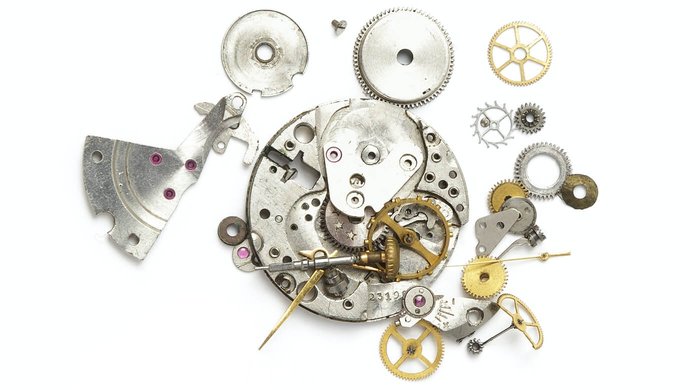Embrace New Experiences
Routines are necessary in life but are the enemy when it comes to extending time. As we touched on previously, the lack of new experiences is what makes time appear to speed up, so introducing novelty into your life is the key to slowing down your perception of time. By trying new things—accepting invitations and challenges or learning a new skill or hobby—this will form "accessible memory anchors," as a neurologist might put it. It's as simple as switching up your coffee order or getting a few coworkers to try a new place for lunch or afterwork drinks.
Be More Mindful
In the past few years, there has been a lot of talk about mindfulness. But it's often in the context of meditation. In terms of slowing down time, you don't necessarily need to start each day meditating. Instead, you'll want to become more mindful in everyday life. Meaning you'll want to focus all your attention and energy to what you're doing, seeing and experiencing right now. Instead of multi-tasking and doing three things at once, try to be fully engrossed in what's right in front of you. A study by Harvard Medical School found that those in an eight-week mindfulness-based program experienced changes in the concentration of gray matter areas in the brain responsible for learning, memory and emotion regulation.
Keep Track of Progress
We've extolled the virtues of journaling before. But it definitely comes in handy to help you slow time by taking time to reflect on your day, your thoughts and your personal progress. It provides the context to make life events relevant, and more importantly, memorable. That context is key. A study by the Wharton School found that we underestimate the passage of time—especially when there aren't related memories to build upon knowledge. It illustrated why you can feel regretful when another birthday rolls around too quickly. Journaling and tracking your progress will ensure you don't feel unaccomplished. The positive byproduct is that accountability will also serve as motivation to do more.


































